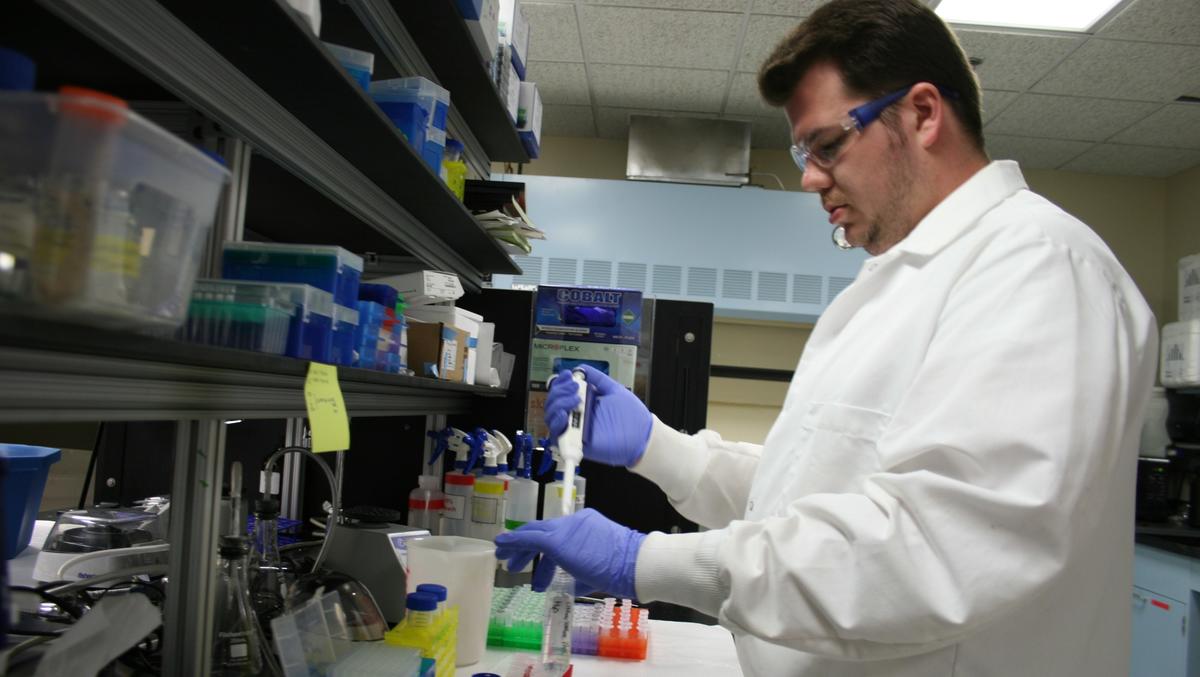That’s why Sabine Engel connected Minnesota to Germany where energy innovation is a passion. She suggested NRRI get involved to get research and ideas flowing between the two cultures.
"When I think about impactful innovation around what's ahead with energy and waste reduction, I think of NRRI," said Engel. "We had to get NRRI research involved because I knew there would be a strong connection."
In her role as Director of International Partnerships for the University of Minnesota’s Institute on the Environment, Engel is leading a state-wide cooperative effort of six Minnesota cities and six cities in Germany to share innovations. NRRI Executive Director Rolf Weberg started NRRI’s relationship in 2014 as part of a delegation to North Rhine-Westphalia, Germany. He quickly saw potential collaborations with Metabolon, a research consortium there. This landfill-turned-recreation/ education/outreach facility combines research efforts with Cologne University of Applied Sciences and the Bergische Waste Association.
“I saw a lot of research underway at Metabolon that complements what NRRI is working on,” said Weberg. “They’re making great strides in waste digestion and biogas energy generation while we are delving into biofuels and biochemicals. There’s a lot we can share and learn from each other.”
Germany is one of the more successful countries at turning waste into a source of raw materials and energy. As a former landfill, Metabolon allows for research projects to move from the lab to pilot scale before implementation in industrial plants.
And one of those projects found its way into a laboratory at NRRI this summer.
Global Connection
Sebastian Schroeder, a graduate student at Cologne University of Applied Sciences, was working to understand the problem of nitrate-rich landfill leaching. The challenge of his research group was to find an inexpensive carbon source for the bacteria that removes nitrate and find a use for the methane off gases from the landfill.
Eric Singsaas, director of NRRI’s Materials and Bioeconomy group, met Schroeder in 2018 at the International Scientific Conference on Sustainability and Innovation and thought that NRRI’s microbial work in wetlands could fit what he was working on.
Schroeder was part of a team searching for a specific type of bacteria called Methylomirabilis oxyfera.
Singsaas connected Schroeder to NRRI Scientist Chan Lan Chun who is studying the microbial life in wild rice wetlands. Schroeder was chosen to go Minnesota to find the bacteria with the hope that it could live off methane in the oxygen-depleted environment of the landfill while also consuming nitrates.
A big job for tiny bacteria, but initial experiments were promising.
“This is newly discovered bacteria that may be everywhere but it’s not well studied,” explained Chun. “We found them in wild rice wetlands using DNA sequencing technology and the Metabolon group developed the process, so this is a very interesting collaboration.”
Schroeder enjoyed his three weeks at NRRI, making friends and spending time in wetlands to collect sediment samples to bring back to Germany.
“If we can find the right bacteria and prove my theory, we can keep moving this forward,” he said. “My goal is to continue this research in a doctoral program.”
For NRRI, research with global relevance is the result of leveraging capabilities across the University system and making connections that advance technologies.
“We help to fund the Institute on the Environment’s International Program because engaging globally allows us to go bigger, better, faster and bolder,” Weberg added. “Schroeder’s visit here is a great example of what we can do when we put our heads together.”
Schroder’s research co-advisors are Astrid Rehorek, Department of Computer Science and Engineering, and Stéphan Barbe, Department of Applied Natural Sciences, at the Cologne University of Applied Science.
